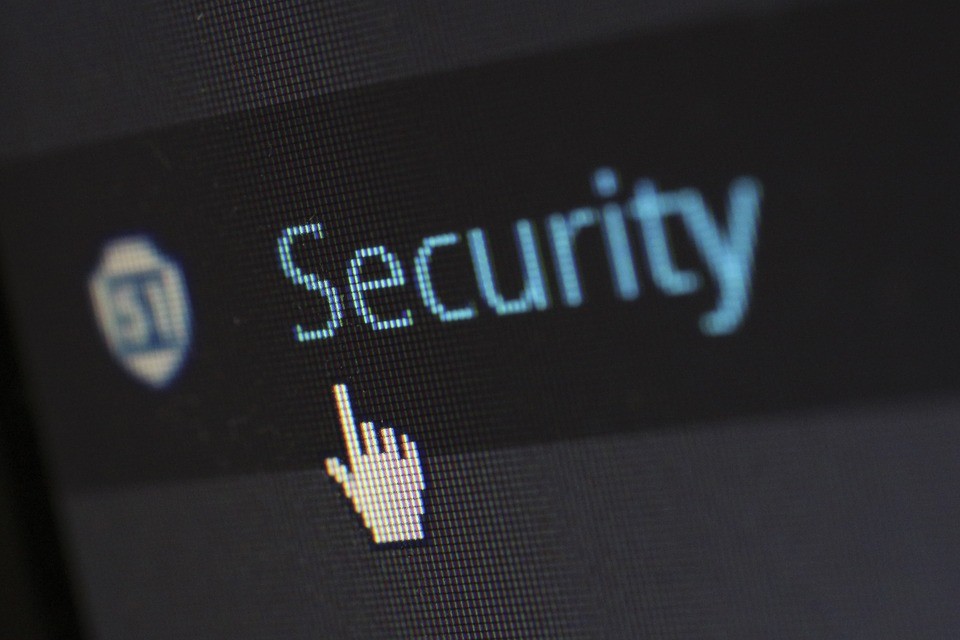Many people are at present concerned about their online security, and with a reasonable cause. The Internet can indeed cause several scams, and there are scary tales in the publications about viruses affecting devices and hackers stealing people’s personal information online. So it would be natural to react and believe that utilizing the Internet has its negative outcome, especially when you are unaware of the basic regards. Staying safe online is comparable to being protected in going to any place, and that is taking the appropriate precautions from the start, use your common sense, and you can guard yourself against possible threats.
In the same process that you secure your home and lock the windows whenever you are out, your computer requires some essential security to defend against cyber intruders. When you are using the Internet, you are required to install security systems. But never assume that you are on your own in attempting to protect your internet device because your ISP, the computer manufacturers, and software engineers are continuously endeavoring to gain security and automatically advances system protection to help you.
Here Are the Most Internet Basics That You Need to Know:
What Is Internet Security?
Internet security is a term for an extensive impression covering security for transactions conducted over the Internet. Usually, Internet security includes:
- Browser security
- Data security entered through a Webform
- Overall verification and protection of data transmitted via Internet Protocol
Internet security depends on different resources and guidelines for protecting the data that is transmitted or transferred online. The safeguarding techniques cover various sets of encryption, such as Pretty Good Privacy (PGP), and the other highlights of a secure Web setup can also incorporate firewalls that block unusual traffic, anti-spyware, anti-malware, and anti-virus programs that work from distinct networks or tools to attend malicious online traffic attachments.
Malware and Antivirus
Malware or malicious software is computer software designed with malicious intent either to harm or simply exploit devices, networks, and even services. Computer viruses, Trojan horses, ransomware, spyware, adware, rogue software, and scareware are only a few malware examples. An attacker often uses it to either take control of a system, steal credentials or destroy data.
An anti-virus is a cybersecurity software that is used to counter or prevent this malware. This software detects, scans, and cleans your system from malware. By having some kind of internet security software, you can be protected from virus attacks, and your data will be safer. But always ensure that you have an up to date security tool and you have reviewed threats recorded on your anti-virus dashboard to keep track of the attempts.

Hacker
Hackers are individuals who use activities to compromise your device. They steal your identity, breach confidential data, destroy your system, all for their personal gain. Hackers exploit a weakness in the computer network and system. They search for ways to breach the defenses developed to protect the user from danger.
Protection of Information
When putting up a password for an account, use complex passwords and avoid repetitions. If you have difficulty remembering your password, you can make use of a password manager. A weak credential is a vulnerability that hackers exploit in order to gain access to your computer or device.
Use a two-way authentication method for your accounts. Never leave your devices unattended. Back up your data in case of accidents. Do not share account information with anybody else. Use precaution when clicking links and inputs.
Detect Attacks and Intrusion
Keep your software up-to-date. The updated software will have a more dependable security system that will help you avoid unwanted intrusions in your system. Always scan devices and filter inputs from online sources by keeping your anti-virus and anti-malware updated.
When browsing the Internet, ensure that you have installed the right protection, well-learned about safeguarding your data, and aware to avoid information breaches. Remember that viruses can come in a single click and could damage your whole system. Be a responsible internet user, know your ways with the Internet and keep track of your usage. Invest time to learn these basics to avoid future problems with internet security.








